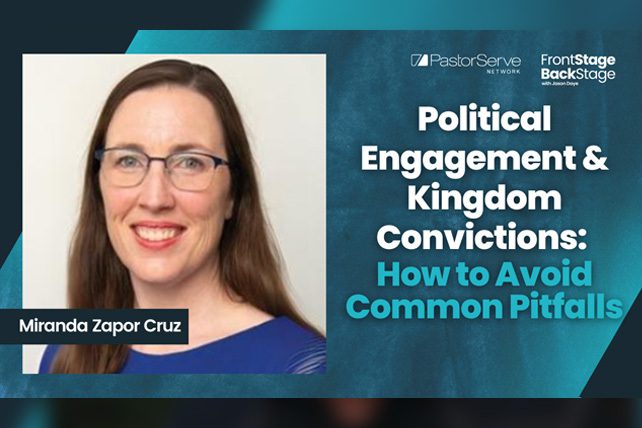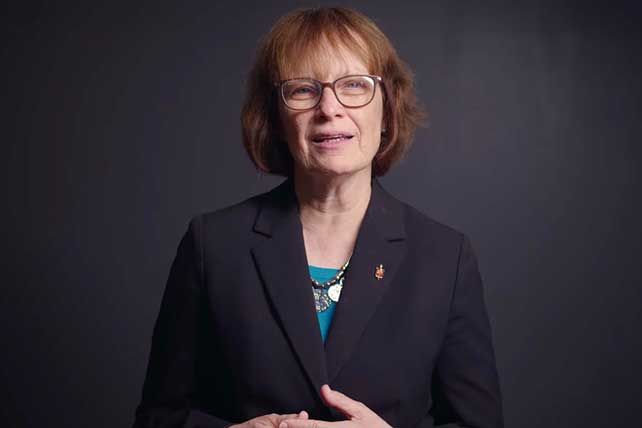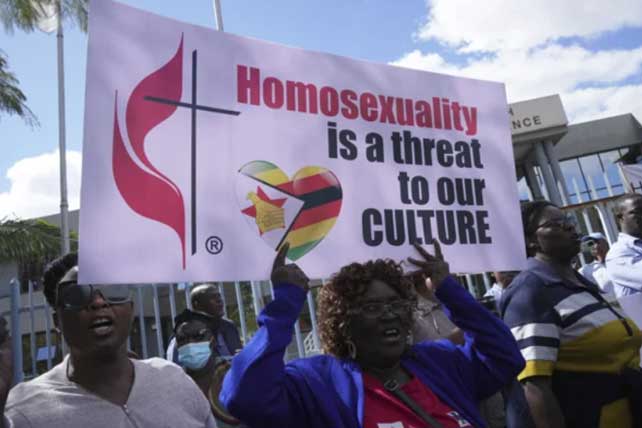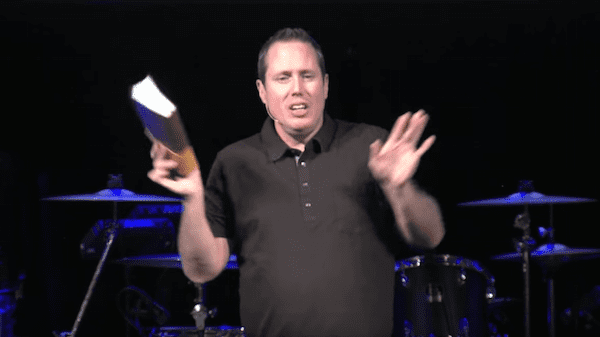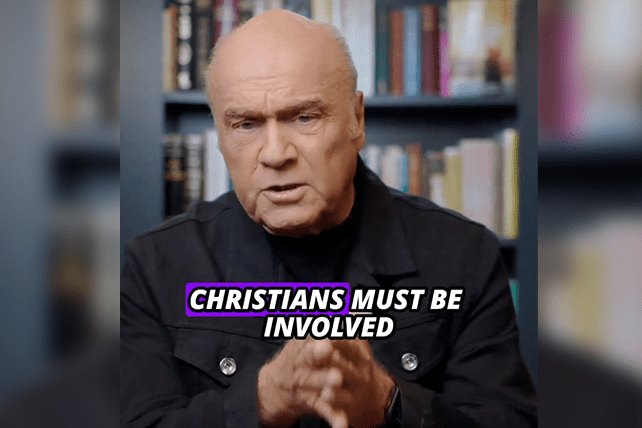 In the landscape of human connection, friendships stand as a testament to our capacity for empathy, support, and growth.
In the landscape of human connection, friendships stand as a testament to our capacity for empathy, support, and growth.
Central to nurturing these bonds is the concept of receptive capacity—the ability to openly accept and be enriched by positive interactions, emotions, and support from each other.
But what makes receptive capacity so crucial in friendships, and how can friends mutually cultivate it? Let’s explore…
Understanding Receptive Capacity
Receptive capacity is our ability to let in and be positively affected by the good in our interactions and relationships. It involves welcoming compliments, empathetic support, and constructive feedback without deflecting or downplaying their value. In the realm of friendship, it’s about allowing ourselves to be fully present and open to the joy, support, and love our friends offer, and equally, to offer the same in return.
The Importance of Receptive Capacity in Friendships
Friendships thrive on mutual respect, understanding, and the exchange of positive affirmations and support. Developing a strong receptive capacity within these relationships is essential for several reasons:
– Deepens Emotional Connections: Being receptive enhances emotional intimacy, allowing friends to feel seen, heard, and valued.
– Fosters Growth and Learning: Openness to feedback and new perspectives supports personal and mutual growth, encouraging both friends to evolve together.
– Builds Resilience: Sharing and receiving positive experiences and emotions contribute to a stronger sense of self and collective resilience against life’s challenges.
– Enhances Self-esteem and Confidence: Mutual receptivity in friendships can boost self-esteem, as friends recognize and affirm each other’s strengths and qualities.
Challenges to Cultivating Receptive Capacity
Cultivating receptive capacity is not without its challenges. Past experiences of rejection or betrayal, fears of vulnerability, and societal pressures to appear self-sufficient can hinder openness in friendships. Furthermore, the fast-paced nature of modern life often leaves little room for the deep, reflective conversations necessary for nurturing this capacity.
Ways To Mutually Cultivate Receptive Capacity in Friendships
Enhancing receptive capacity within friendships is a collaborative effort, requiring intention and practice. Here are some strategies to foster this mutual journey:
– Practice Active Listening: Show genuine interest in each other’s experiences and feelings. Active listening involves engaging fully with what your friend is sharing, without planning your response or judgment.
– Express Gratitude and Appreciation: Regularly acknowledge the value of your friendship and the qualities you admire in each other. This not only strengthens bonds but also encourages a culture of receptivity.
– Offer and Accept Support Openly: Be willing to ask for and offer support. Letting your friend know he or she can count on you, and showing that you can accept their support, reinforces trust and openness.
– Share Vulnerabilities: Being vulnerable with each other fosters a safe space where both friends can express their true selves, including doubts and fears, enhancing mutual understanding and acceptance.
– Reflect on and Discuss Emotional Experiences: Take time to reflect on how you both respond to positive moments within your friendship. Discussing these experiences can deepen your understanding of each other’s emotional landscapes.



 How can we reliably approach today’s pressing social issues in a way that honors God and points people to Jesus? In this week’s conversation on FrontStage BackStage, host Jason Daye is joined by Dr. Ted Bryant. Ted is the lead pastor at Granger Community Church. He earned his MDiv at Moody Theological Seminary and his PhD at Notre Dame. His most recent book is titled, “The Jesus Method.” Together, Ted and Jason explore some of the common tendencies and temptations we have as ministry leaders when it comes to addressing some of the complex and controversial social issues of our day. Ted points us to the life of Jesus, focusing on the priority of relationships and helping us understand the value of not only what Jesus taught but also how he engaged the people around him.
How can we reliably approach today’s pressing social issues in a way that honors God and points people to Jesus? In this week’s conversation on FrontStage BackStage, host Jason Daye is joined by Dr. Ted Bryant. Ted is the lead pastor at Granger Community Church. He earned his MDiv at Moody Theological Seminary and his PhD at Notre Dame. His most recent book is titled, “The Jesus Method.” Together, Ted and Jason explore some of the common tendencies and temptations we have as ministry leaders when it comes to addressing some of the complex and controversial social issues of our day. Ted points us to the life of Jesus, focusing on the priority of relationships and helping us understand the value of not only what Jesus taught but also how he engaged the people around him.